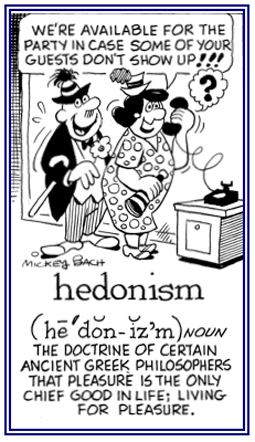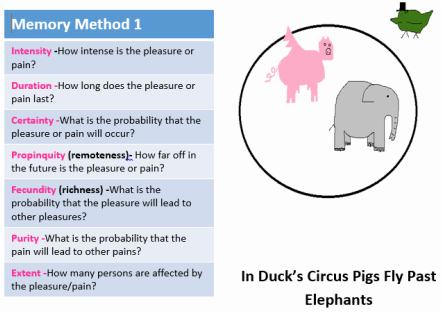

However, if Hedonism is correct and our well-being is determined entirely by the amount of pleasure that we experience, then Nozick wonders “what else can matter to us, other than how our lives feel from the inside?” 2 The experience machine guarantees us pleasure yet we find it unappealing compared to a real life where pleasure is far from assured.

Indeed, if you ask yourself if you would actually choose to leave behind your real friends, family and life in favour of a pre-programmed existence you also might conclude that plugging into the experience machine would not be desirable. Nozick asks:ħNozick’s challenge to Hedonism is based on the thought that most people who consider this possible situation would opt not to plug in. Certainly, many believe that the relationship between what improves your life and what gives pleasure is not directly proportional, as the hedonist would claim.Ħ Robert Nozick (1938–2002) attacked the hedonistic idea that pleasure is the only good by testing our intuitions via a now famous thought-experiment. Many people agree that success in gaining a meaningful qualification improves your life even if no pleasure is obtained from it. It may be the case that you enjoy gaining a new qualification, but there seems to be more to the value of this event than merely the pleasure produced. Nozick’s Experience MachineĥOne important problem for Hedonism is that our well-being seems to be affected by more than just the total pleasure in our lives. This understanding of hedonistic pleasure may help to explain why, for example, one person can gain so much pleasure from a Lady Gaga album while another gains nothing at all the psychological responses to the music differ. So, while reading a book would not seem to produce pleasure in a physical way, a hedonist may value the psychological pleasure associated with that act of reading and thus accept that it can improve a person’s well-being. According to this theory, psychological pleasures can themselves count as intrinsically good for a person. Many pleasures may be physical, but Fred Feldman (1941–) is a defender of a theory known as Attitudinal Hedonism. If you feel that your life would be better if you won the lottery, married your true love or achieved your desired qualifications, then the hedonistic explanation of these judgments is that these things are good for you only if they provide you with pleasure.

According to this theory pleasure is always intrinsically good for a person and less pleasure is always intrinsically bad.ĤHedonism is a relatively simple theory of what makes your life better. Epicurus held the hedonistic view that the primary intrinsic good for a person is pleasure meaning that pleasure is always good for a person in and of itself, irrespective of the cause or context of the pleasure. Whereas other theories might focus on fulfilling desires people have, or an objective list of things such as friendship and health.ģThe roots of Hedonism can be traced back at least as far as Epicurus (341–270 BC) and Ancient Greece.

Therefore, the more pleasure that a person experiences in their life then the better their life goes, and vice versa. What separates Hedonism from other theories of well-being is that the hedonist believes that what defines a successful life is directly related to the amount of pleasure in that life no other factors are relevant at all. HedonismĢHedonism is a theory of well-being - a theory of how well a life is going for the person living that life. As a normative ethical theory, Utilitarianism suggests that we can decide what is morally right or morally wrong by weighing up which of our future possible actions promotes such goodness in our lives and the lives of people more generally. Winning the lottery, marrying your true love or securing a desired set of qualifications all seem to be examples of events that improve a person’s life. Utilitarianism: An IntroductionġSome things appear to be straightforwardly good for people. It is also an insult to guilt.ĭara Ó Briain (comedian) 1. It forces people who like something a bit mainstream, a bit of pop like Girls Aloud or Take That! or ABBA to say “It’s my guilty pleasure!” I hate that phrase. Music snobbery is the worst kind of snobbery.


 0 kommentar(er)
0 kommentar(er)
